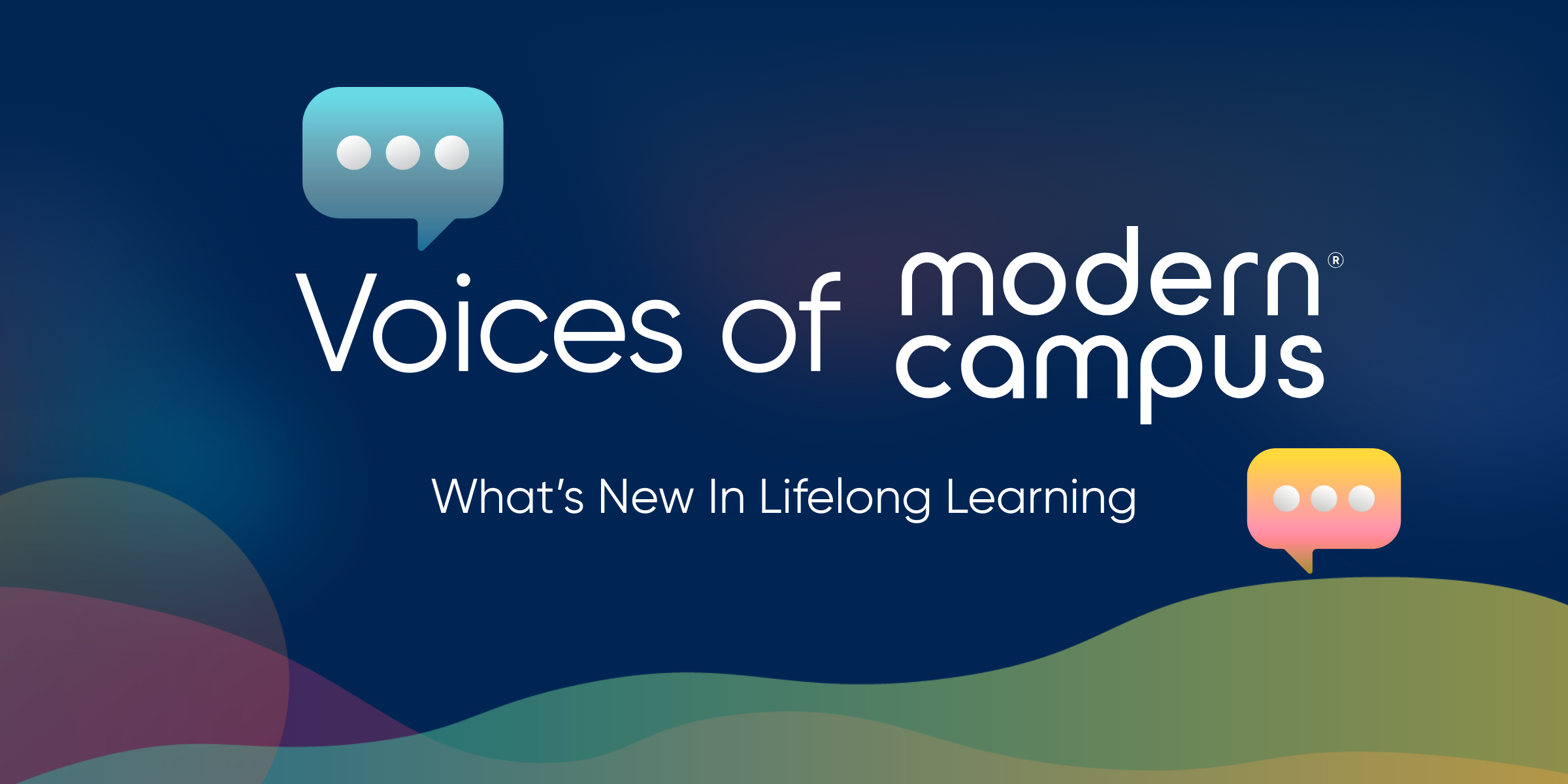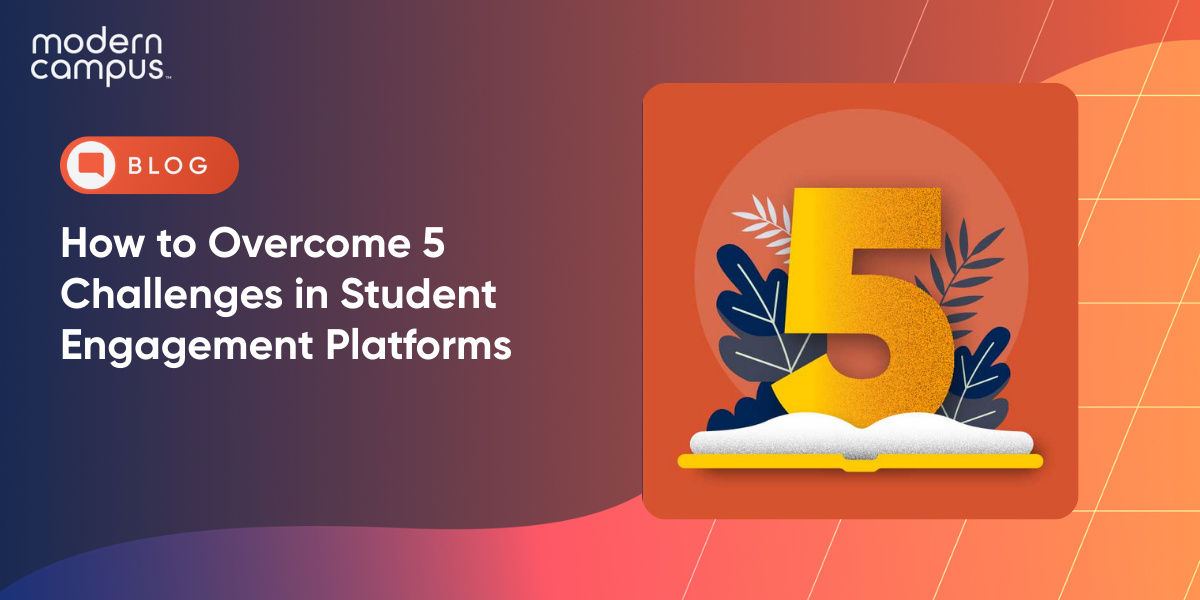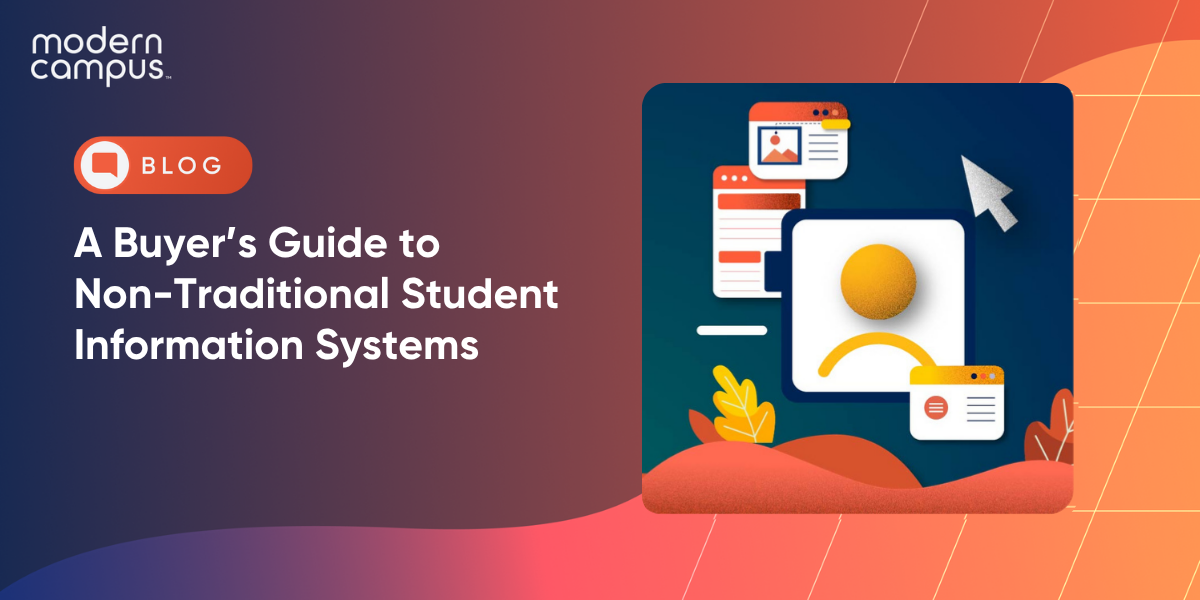15 Surprising Higher Ed Stats That Marketing and Admissions Professionals Can't Ignore
Redesigning your college or university website? Revising your school’s strategic plan?
Reevaluating your institution’s revenue streams?
These surprising higher education stats could prove useful in building strong arguments for your marketing campaigns and admissions plans.
- In 2020, one million international students at U.S. colleges and universities contributed $38.7
billion to the U.S. economy, a decrease of 4.4%, or $1.8 billion, the first decline since the Association of
International Educators began tracking the economic impact of international students
and their families more than 20 years ago.
- A 5% point improvement in freshman to sophomore retention on a 10,000-student campus
is equivalent to approximately $10-to-20 million in tuition alone. And this doesn't take into account savings for recruiting and admissions.
- Relevance is a more powerful predictor of quality and value than demographic characteristics of individuals such as gender, race, ethnicity, age,
income, field of study, and attainment level.
- To combat declining enrollment numbers, some colleges have slashed tuition costs, including Southern New Hampshire University, which offered a tuition-free year for all first-time freshmen on campus and a reduction of tuition to $10,000 starting
in 2021.
- COVID-19’s impact on the academic, mental, and financial well-being of students is
significant. According to a recent survey, these factors are influential in current students’ college decisions. The survey
found that 21% of all students reported that the pandemic has had a strong impact
and 13% reported it has had an extremely strong impact on their willingness to attend
college.
- Nearly 7 in 10 U.S. adults strongly agree or agree that having a college degree is essential for getting a good job, and more than half strongly agree or agree that people with a college degree have
a good chance of finding a quality job.
- According to a survey of college and university trustees, the price of higher education, student debt, and the ability of higher education to
respond to changing student and employer needs are top concerns about the future of higher ed in the U.S.
- More than eight in 10 provosts believe that students do not understand the concept of a liberal
arts education, but 87% of those surveyed believe that liberal arts is crucial to undergraduate
learning.
- In a climate where 60% of people fear they could lose their jobs, 42% say that the pandemic has made them more likely to enroll in an education program. And interest has shifted toward nondegree pathways with 68% of aspiring adult learners
open to considering this pathway for future education.
- When asked about the importance of a college education, 41% of Americans aged 18-29 said it was “very important,” down from 74% in 2013.
- Recent college graduates have visited campus career centers, but only 17% found the experience to be “very helpful,” and only 26% found the experience “helpful.”
- Where do college graduates get career advice? A Gallup poll found that 33% of students reported that professors provided the most valued career advice—and that the same students placed a higher value on the advice they received.
- Contrary to popular belief, attending an elite university doesn't boost income.
- The majority of undergraduate distance learning students do not work while they are enrolled in online classes.
- Almost a quarter of all incoming community college students may be assigned to remedial courses they don’t really need, and a large majority of those in remedial courses do not end up finishing their program and earning their degree.
Higher education is rapidly changing, but equipped with the latest data, you can confront issues before they turn into full-blown challenges for your college or university.
Transforming your institution into a modern campus can’t wait. Take action by downloading our latest series of Digital Marketing Action Guides for Higher Ed, designed to help you strengthen your brand, boost enrollment, and stay competitive in today’s higher ed market.
Last updated: February 1, 2021



